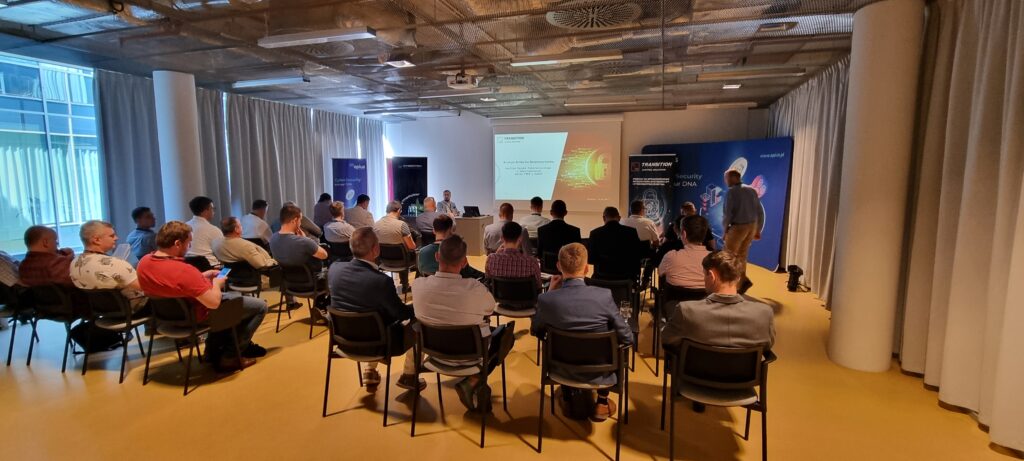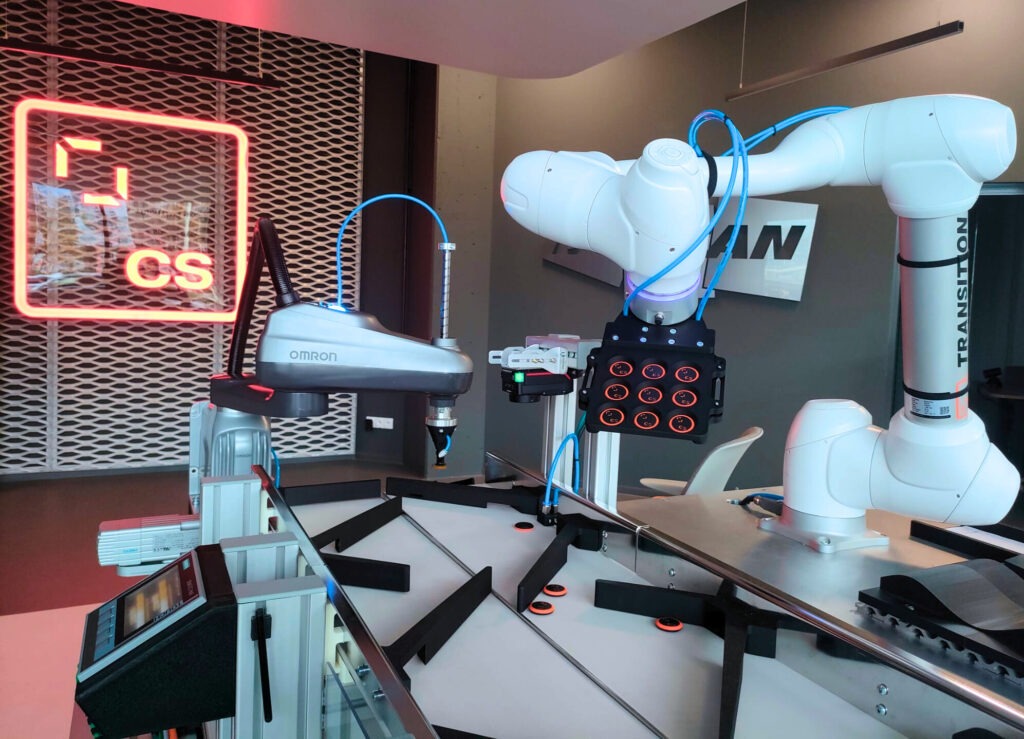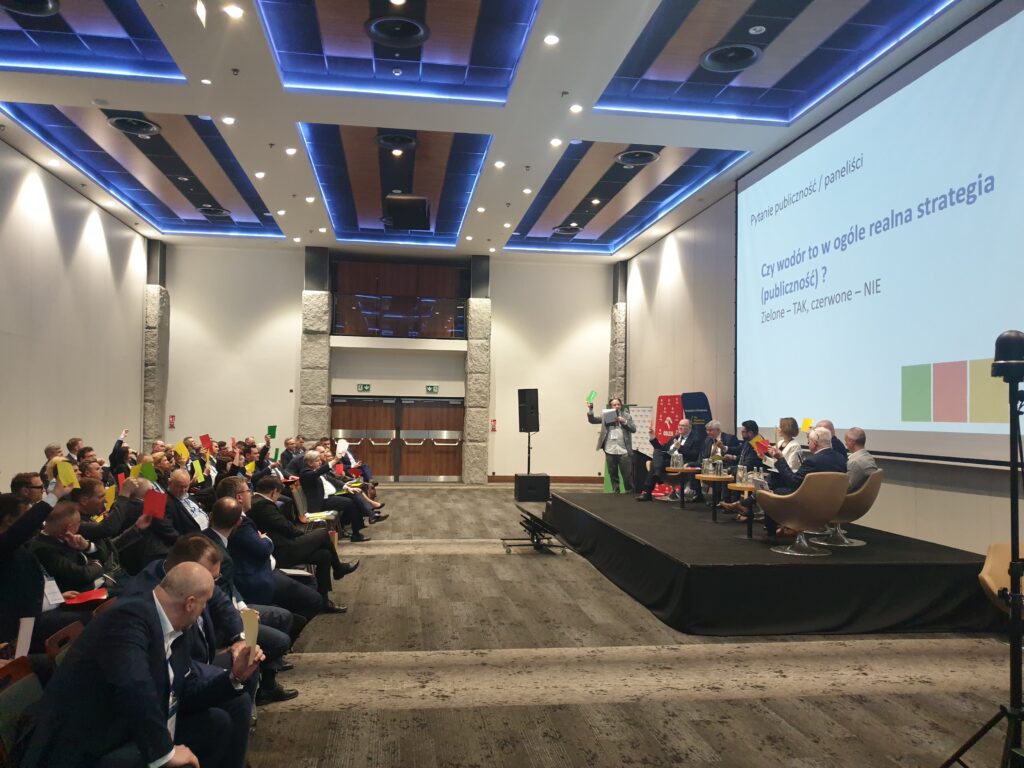Large industrial plants and installations dedicated to complex technological processes require specialized control system solutions. The answer to such needs are DCS-class systems. The cost of potential mistakes can be expressed in hundreds of millions in customer’s currency. When choosing a specific solution, it is worth trusting an Integrator with a proven track record.
DCS systems
DCS class systems from leading manufacturers such as:
– Emerson (Delta V, Ovation)
– Siemens (PCS 7)
– Schneider (Process Expert)
Find out how we can support your business
No history
One of the most important aspects of using DCS systems is the predictive capability. With current and historical data gathered in one place, we can conduct analysis and predict potential event scenarios.
Lack of central control over processes
For large manufacturing plants, managing processes without a centralized control system can be chaotic and lead to uncoordinated operations. DCS systems allow multiple subsystems to be combined to provide consistency and stability.
Risk of failure and costly downtime
Installations operating 24/7 require high reliability in terms of the control system. Only DCS-class systems are able to meet these requirements, guaranteeing support for years.
Step by Step
Programming DCS systems is a process that requires careful analysis and precise implementation. Our team supports the customer on every step of the way, from design to testing and training, to ensure full control and reliability of the automation systems.

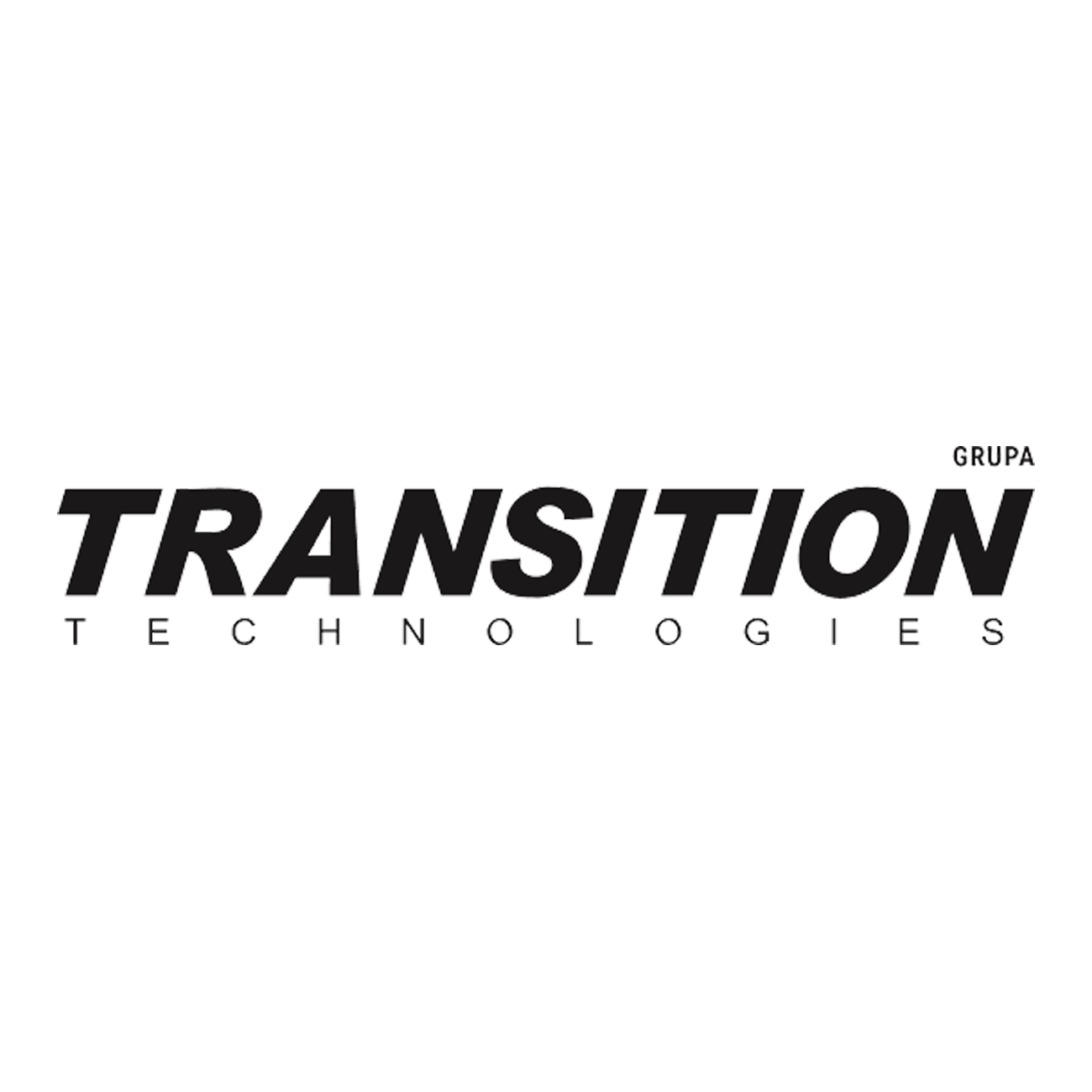
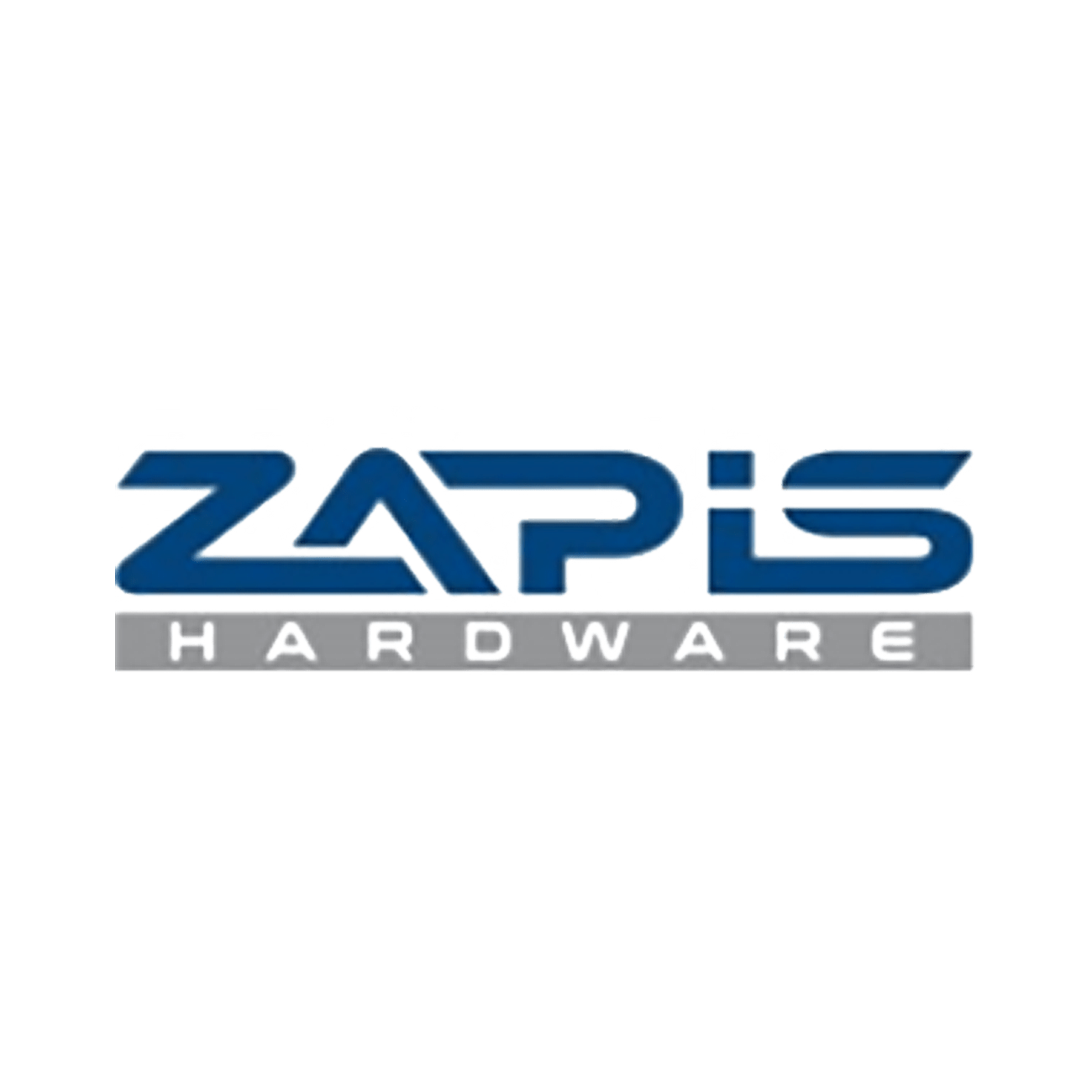
Competitive Advantage
We are part of the renowned Transition Technologies Group, which has been creating the future of industrial technology since 1991. The group includes 21 companies, employs more than 2,280 specialists and operates from 27 offices around the world, operating with 100% Polish capital. Our mission is to provide innovative technology solutions that drive global industry growth.
- Innovation: We constantly invest in the latest technologies to keep our solutions at the forefront of innovation.
- Experience: More than three decades in the industrial technology market provide us with the knowledge and skills needed for the most demanding projects.
- Quality: We are ISO 9001:2015, ISO 27001:2013 and ISO 45001:2018 certified, confirming our commitment to the highest standards of quality and safety.
When you choose our solutions, you are investing in the future of your business – a future that is innovative, efficient and sustainable.
We work with the best:










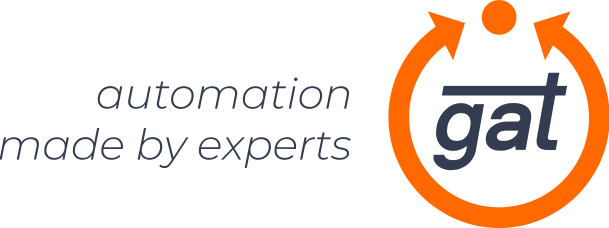
Opinions of Our Customers

”From the very beginning of our cooperation, Transition Technologies-Control Solutions has made itself known as a reliable partner. What set them apart was their creative approach at the bidding stage. We were presented with several proposals for solutions based on which we could choose a target direction.</p>
Adam BombaProcess Manager
<p>During implementation, on the other hand, they acted with determination, solving successive problems that arose. Faced with the fact that the project was implemented in a difficult market environment, we often had to work together and develop remedies, often through compromise. Also, during the operation of the site, they reacted constructively and quickly to faults as they appeared.</p>
<p>TT-CS has proven itself as a trusted partner in challenging projects. We positively look forward to working together on future mechanical engineering projects.
Our experts guarantee the quality of services

He graduated from the Wroclaw University of Technology, majoring in automation and robotics, and from the University of Wroclaw and Lodz, where he studied Computer Science.
He has been with Transition Technologies Group since 2008, and has actively participated as a solution integrator in many projects around the world, in the field of industrial automation in the energy sector.
Since 2022, he has been the Director of Industrial Automation. strategic projects. He is responsible for the implementation of key projects for the company, mainly in the energy and Gas & Oil sectors at Transition Technologies-Control Solutions.

He is a graduate of Wroclaw University of Technology, where he completed his master’s degree in Automation and Robotics at the Faculty of Electronics, and Wroclaw University of Economics, where he completed postgraduate studies in Project Management. He has been an active engineer since 2011, focusing his interests in the area of process automation. He has been with Transition Technologies Group for more than five years, serving as an engineer and designer (instrumentation and control systems).
Since 2022, he has served as Manager in the Strategic Projects Department at Transition Technologies-Control Solutions.
He is a member of PIME. He holds Prince2 certification, which confirms his competence in managing large projects.
Its portfolio boasts a number of projects on strategic facilities and for critical infrastructure, including. leading the ACP work on the construction of Baltic Pipe.
He is currently expanding his knowledge and competence in the area of functional safety and hazard analysis.

A graduate of Kielce University of Technology, where he majored in Environmental Engineering at the Faculty of Construction and Environmental Engineering. His entire career has been in the technical industry, where he effectively combines engineering knowledge with business and interpersonal skills to support sales processes for technology and engineering solutions.
To grow in the field of industrial automation, he joined the TT-CS team. He is passionate about aquariums and terrariums, creating and nurturing complex ecosystems for aquatic and exotic animals. His hobby requires precision and patience, which is reflected in his professional approach to his work

A graduate of Wroclaw University of Technology, where he graduated in 1990 with a degree in Electron Technology from the Department of Electronics. He began his career as an assistant designer at the “Record” Automation Systems Company.
He has been with Transition Technologies Group for more than 26 years.
For more than 12 years, he has served as Project Manager at Transition Technologies-Control Solutions.
In his role, he manages the implementation of industrial automation projects.
We Are Here to Help
Are you interested in our offer?
Write to us for a personalized consultation.
- Individual counseling
- Tailored solutions
- Quick implementation
- Experts with experience
Fill out the form and get a free consultation
Questions
and answers
In the FAQ section, you will find answers to key questions about our services and processes, based on knowledge and experience. Our goal is to dispel doubts and provide clear information.
What is a DCS and what is its application?
DCS (Distributed Control System) is a control system that distributes control tasks among multiple devices located in different parts of a plant. It is widely used in industry to monitor and control complex processes, such as chemical, power or petrochemical production. The main advantages of DCS are integrated control, the ability to monitor remotely, and providing greater reliability and scalability.
What are the benefits of implementing DCS in my company?
The implementation of DCS allows precise control of production processes in real time. It provides integrated control over complex processes, reducing errors and increasing production efficiency. DCS minimizes downtime by monitoring the status of the system and allows quick response to any deviations. As a result, the company can achieve greater operational stability and reduced operating costs.
What is the difference between a DCS and a SCADA system?
Although both systems are designed to monitor and control processes, DCS is typically used for large, distributed plants where control is at the distributed equipment level. DCS is more integrated and better suited to controlling continuous processes, such as chemical production. SCADA, on the other hand, is more flexible, but acts mainly as a supervisory and data collection system, allowing control at a greater distance.
What are the challenges of DCS programming?
DCS programming requires fine-tuning the system to fit the plant’s specific operational processes. Key challenges include integrating with existing automation systems, ensuring production continuity during implementation, and maintaining the system’s flexibility so it can be easily scaled and adapted to future needs. In addition, it is important to meet all industry-specific safety and quality standards.
Are DCS systems expandable?
Yes, DCS systems are scalable and designed for easy expansion. New control modules can be added, software can be upgraded and new technologies can be integrated so that the system can keep up with the growing operational requirements of the plant. With its modular design, DCS is flexible and can adapt to changing production needs.
What does the DCS implementation process look like?
The DCS implementation process begins with an analysis of the plant’s specific needs. Based on this, a system is designed that meets all operational requirements. This is followed by programming, testing and installation of the system at the plant. Once the DCS is implemented, we provide staff training and technical support to ensure that the system operates efficiently and effectively.

